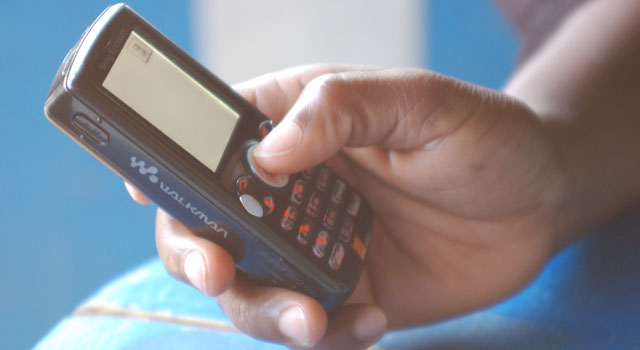
Kenya’s biggest mobile operator, Safaricom, has said it will stop selling feature phones in its own retail stores an effort to increase smartphone penetration and bolster the East African country’s digital content market.
Corporate affairs director Nzioka Waita made the surprising announcement at the Mobile Web East Africa conference held in Nairobi this week.
“Safaricom is soon going to stop selling the cheap feature phones in all our retail outlets, as we try to skew the Kenyan market towards smartphones,” Waita said.
Feature phones will be replaced by low-cost smartphones that “are now readily available in the country”.
The move is expected to increase demand for local digital content, which Waita said will help to further develop Kenya’s technology sector.
Safaricom recently launched a US$125 smartphone called the Yolo. Powered by Intel’s 1,2GHz Atom Z2320 processor, the device runs Google’s Android operating system and will come bundled with 500MB of data. Source: HumanIPO
Zimbabwe gets online Lobola service
Zimbabwean online cattle auction service Remote Livestock Marketing System (RLMS) has begun offering consumers the chance to purchase lobola cattle using the website. Lobola, or “bride price”, is a Southern African practice whereby a groom pays a bride’s family with cattle when he marries her.
Those successful bidders without the facilities to store the cattle themselves can have them looked after by RLMS’s partner farms for a monthly fee. RLMS was launched in March 2012 and initially dealt only in cattle auctions. Source: TechZim
Uganda Sim registration confusion
The Uganda Communications Commission, the country’s regulator, has been unable to say how many Sim cards have been registered as part of the obligatory registration process that is due to be concluded before the end of the month.
From March, mobile operators will be required to block all unregistered Sim cards on their networks. The commission says part of the reason for its inability to enumerate its progress is because operators are not being forthcoming with figures. The move to registration is hoped to reduce organised crime. Source: The Monitor
Mauritius to give pupils tablets
All form 4 (grade 11) students in Mauritius will receive a government-funded tablet computer in March. This is according to the country’s minister of education and human resources, Vasant Bunwaree. Though it’s unclear what brand or specification of tablet will be used, Bunwaree says these will be finalised with the tender process and will include security features like limiting access to certain websites. Students will be allowed to keep the tablets at the end of the year for their final year of schooling. Source: The Independent
- Image: Erik Herman/Flickr




